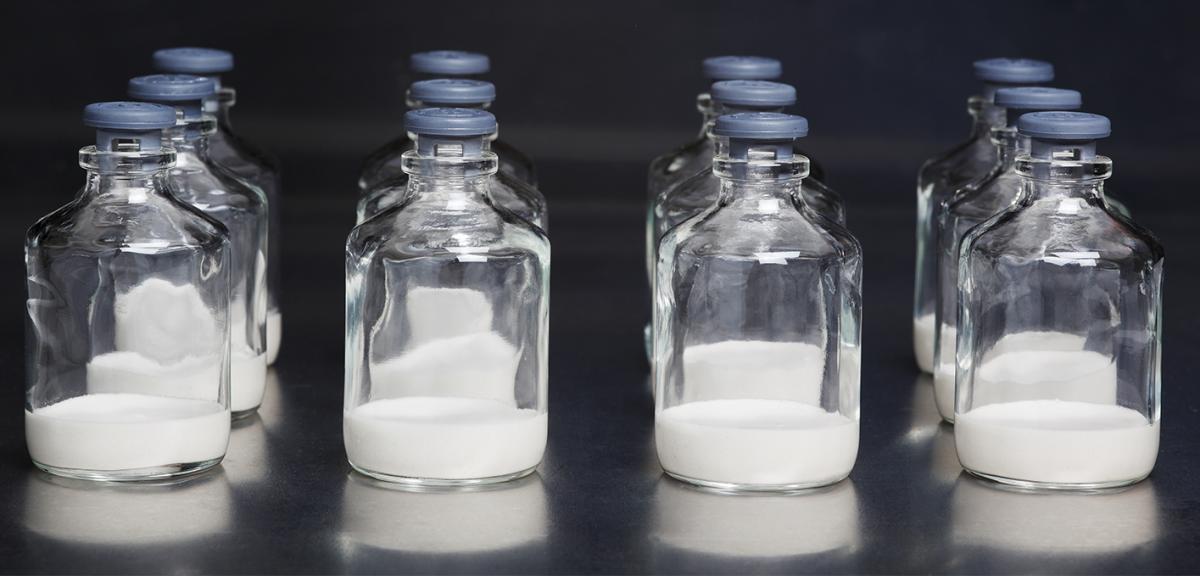
Stand No. :
Visiter le site webStand No. :
Visiter le site webStand No. :
Visiter le site webSucy-en-Brie plant celebrated the first furnace lighting ceremony in 10 years – the result of weeks of hard work modernizing the furnace as part of SGD Pharma’s Sucy Pharma 2025 project.
Strengthened value propositions represent the latest step in SGD Pharma’s commitment to continuous improvement
Guidance for Industry - March 2021
This guidance represents the current thinking of the Food and Drug Administration (FDA or Agency) on this topic. It does not establish any rights for any person and is not binding on FDA or the public. You can use an alternative approach if it satisfies the requirements of the applicable statutes and regulations. To discuss an alternative approach, contact the FDA staff or Office responsible for this guidance as listed on the title page.
After the moment of truth as to their effectiveness, time has come for large-scale production to pass this test, which is something new, especially for messenger RNA-based vaccines.
Authors: Tim Wenzel & Henning Gieseler - AAPS PharmSciTech - 27/01/2021 - DOI 10.1208/s12249-021-01926-x

Puteaux Cedex, FRANCE – 28th January: SGD Pharma, a leading supplier of glass primary packaging in the pharmaceutical industry, has been awarded a ‘platinum’ rating by EcoVadis, positioning it in the top 1% of all companies rated worldwide. This highlights SGD Pharma’s commitment to sustainable practices and corporate social responsibility (CSR).